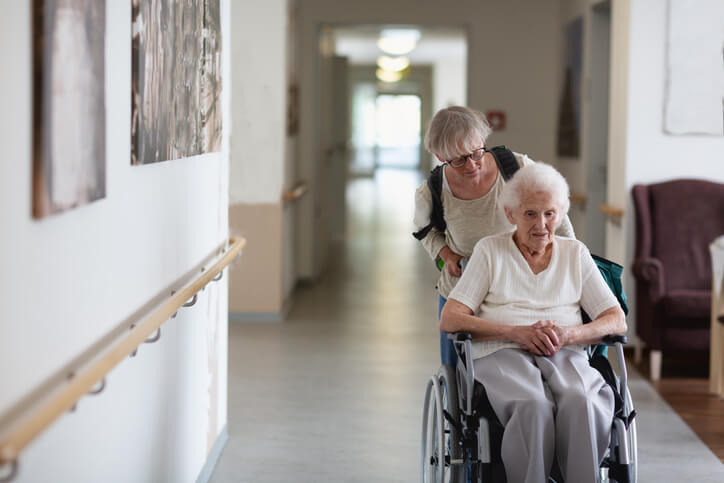Nursing homes have grown in popularity as Americans increasingly rely on them to care for their aging and infirm parents. Unfortunately, these facilities do not always deserve the trust that people place in them. North Carolina in particular has seen a string of controversies related to nursing homes in recent months, a problem that was exacerbated by the coronavirus pandemic. Elder abuse is not always easy to recognize, but it is sadly common.
According to the Nursing Home Abuse Center, approximately 1-2 million senior citizens have been mistreated, exploited, or injured by caregivers. It can be difficult to know whether someone has been abused, because many victims are unwilling or unable to report it. These reasons make it imperative for a family member to learn the signs of elder abuse.
Such abuse takes many forms. It can be physical, sexual, emotional, financial, or otherwise. Abuse may happen at the hands of caregivers who see nursing home residents as easy prey; other patients who are not supervised and are therefore allowed to inflict harm; or strangers who are permitted in the facility and see an opportunity to victimize.
These are just a few of the most common signs of elder abuse:
- Bedsores
- Malnutrition and dehydration
- Burns, blisters, and bruises
- Unexplained broken bones and related injuries
- Changes in behavior
- Signs of fear in the presence of nursing home staff or other residents
- Aggression or extreme irritability
- Poor hygiene and constant soiling
- Ripped, torn, or bloody undergarments
- Sudden or unexplained death when there were no urgent health problems
- Missing money and other property
- Sudden and unusual changes in a will or life insurance policy
Elder abuse is severely underreported because many patients fear retaliation for complaining. Tragically, some victims suffer from mental or physical impairments that leave them unable to report abuse and force them to suffer in silence. A nursing home resident is more likely to experience abuse if he or she is isolated with little contact from the family.
The physical consequences of abuse can be serious and even life-threatening. Many nursing home residents already have poor health, so abuse can aggravate their condition. Mistreatment that persists for a long period of time is likely to continue indefinitely. And if it becomes clear that no one will stop the abuse, the abuse will almost certainly get worse.
Elder abuse victims and their families, however, do have legal recourse. The responsible party can be compelled to pay the victim’s medical bills, return or compensate the victim for stolen property, and be ordered to pay other types of damages. Often, liability can be shifted to the nursing home itself. That’s because these facilities are responsible for training and supervising their staff members and taking reasonable steps to prevent them and other residents from engaging in abuse. When these residences fail in this obligation, the family can initiate legal action to hold them accountable.
Do you believe your loved one is suffering from elder abuse? Quick action can prevent further harm. It may even save the life of your relative or that of someone else residing in the nursing home. Reach out to our dedicated team today.
